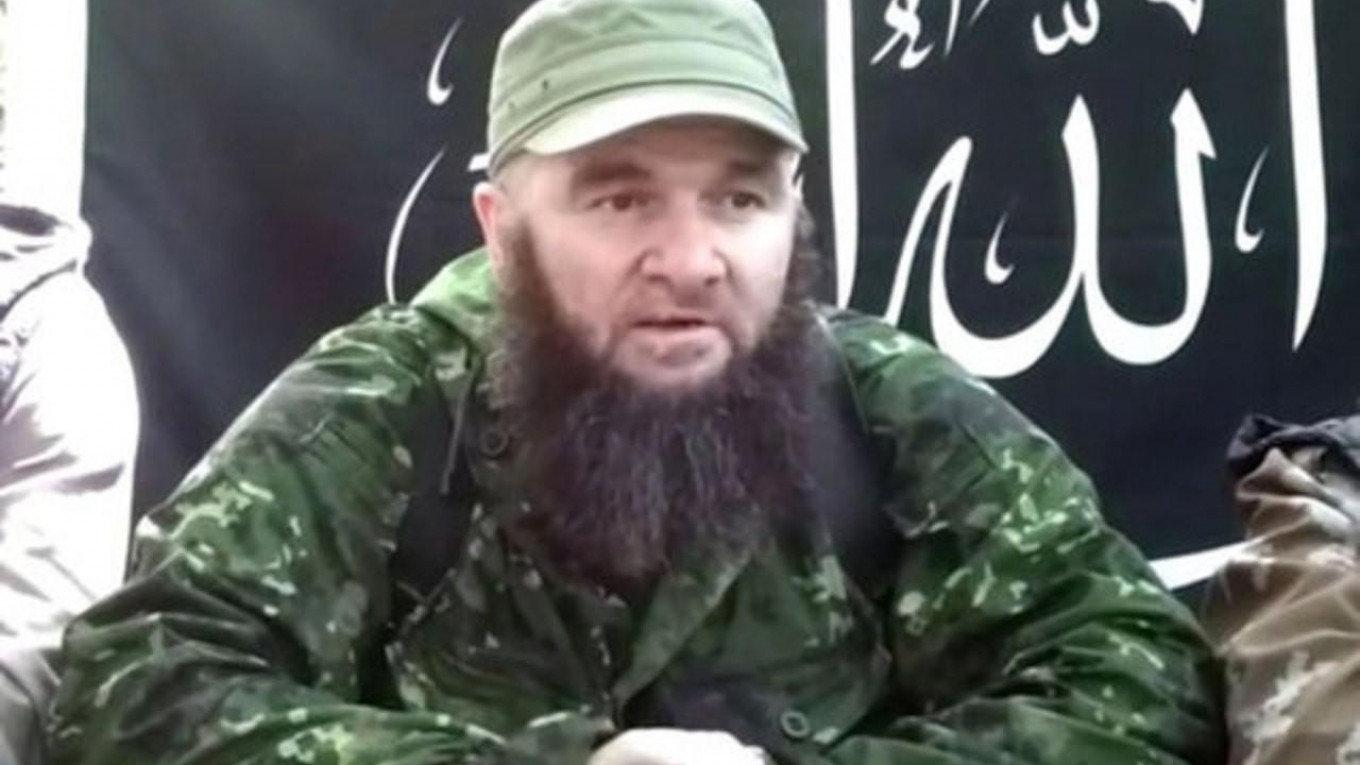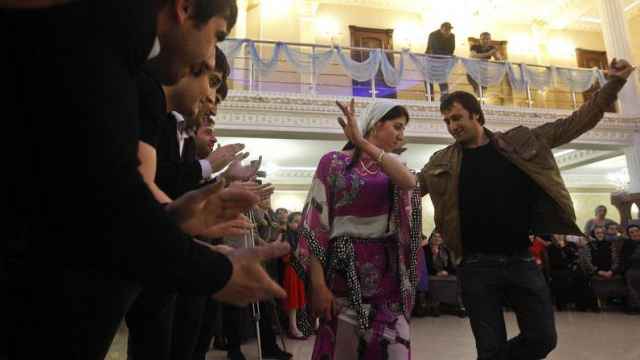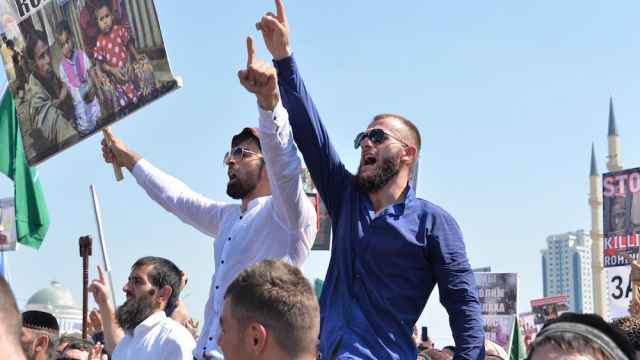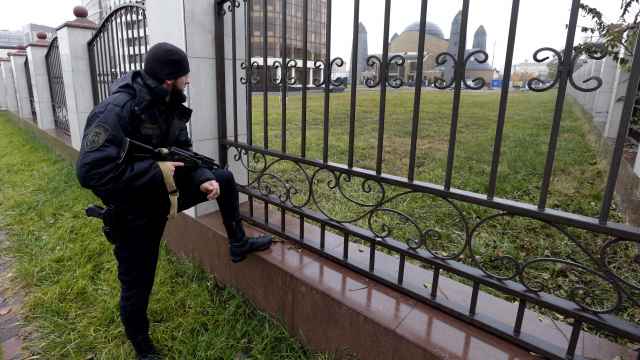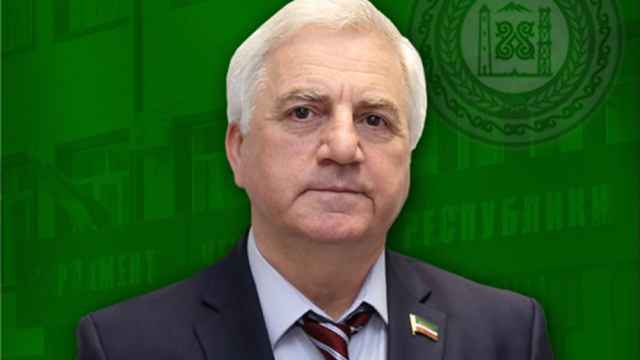The grave of a terrorist leader assassinated by Russian forces in 2013 has been discovered in the mountains of the republic of Ingushetia, the Federal Security Service (FSB) said Thursday.
Doku Umarov headed the Caucasus Emirate, a militant group in Russia’s North Caucasus banned by Russia and the West, which claimed some of the most devastating terrorist attacks on Russian soil.
Umarov’s remains, along with four of his bodyguards' were discovered Sept. 25 and brought to Moscow for examination, the pro-Kremlin REN.TV reported.
An unidentified source close to the FSB told the Interfax news agency on Wednesday that Umarov had been poisoned in 2013 by Russian special forces “with a highly-toxic substance.”
“Targeted, long-term search operations” led to the discovery of the graves, the source added.
A source in the regional Investigative Committee told the RBC news outlet that a Russian militant who returned from Syria had pointed investigators to the location of Umarov’s body in the Sunzhensky district.
“He cooperated with the investigation in exchange for a lightening of his sentence,” RBC’s source said.
Since 2000, Umarov was reported dead on numerous occasions. FSB chief Aleksandr Bortnikov officially declared his death in 2014. However, Umarov's body was never found.
Chechen leader Ramzan Kadyrov welcomed the news saying, “The back of international terrorists has been broken.”
"I’m confident international terrorism will never raise its head in our republic again," Interfax cited him as saying.
The Caucasus Emirate claimed responsibility for the 2011 bombing of Moscow’s Domodedovo Airport in which 36 people were killed, the 2010 Moscow metro bombing which claimed 40 lives, and the explosion aboard the Nevsky Express train in 2009 in which 39 died.
A Message from The Moscow Times:
Dear readers,
We are facing unprecedented challenges. Russia's Prosecutor General's Office has designated The Moscow Times as an "undesirable" organization, criminalizing our work and putting our staff at risk of prosecution. This follows our earlier unjust labeling as a "foreign agent."
These actions are direct attempts to silence independent journalism in Russia. The authorities claim our work "discredits the decisions of the Russian leadership." We see things differently: we strive to provide accurate, unbiased reporting on Russia.
We, the journalists of The Moscow Times, refuse to be silenced. But to continue our work, we need your help.
Your support, no matter how small, makes a world of difference. If you can, please support us monthly starting from just $2. It's quick to set up, and every contribution makes a significant impact.
By supporting The Moscow Times, you're defending open, independent journalism in the face of repression. Thank you for standing with us.
Remind me later.


